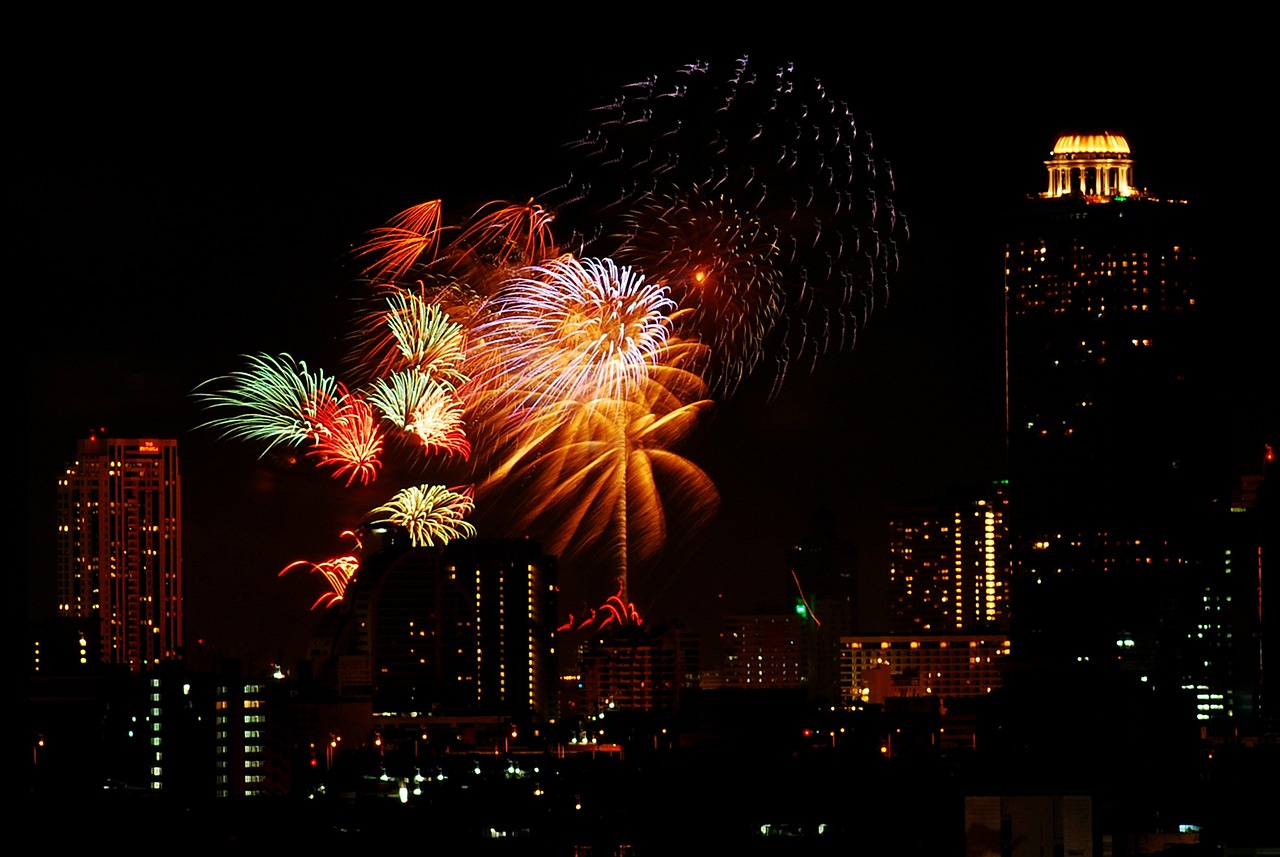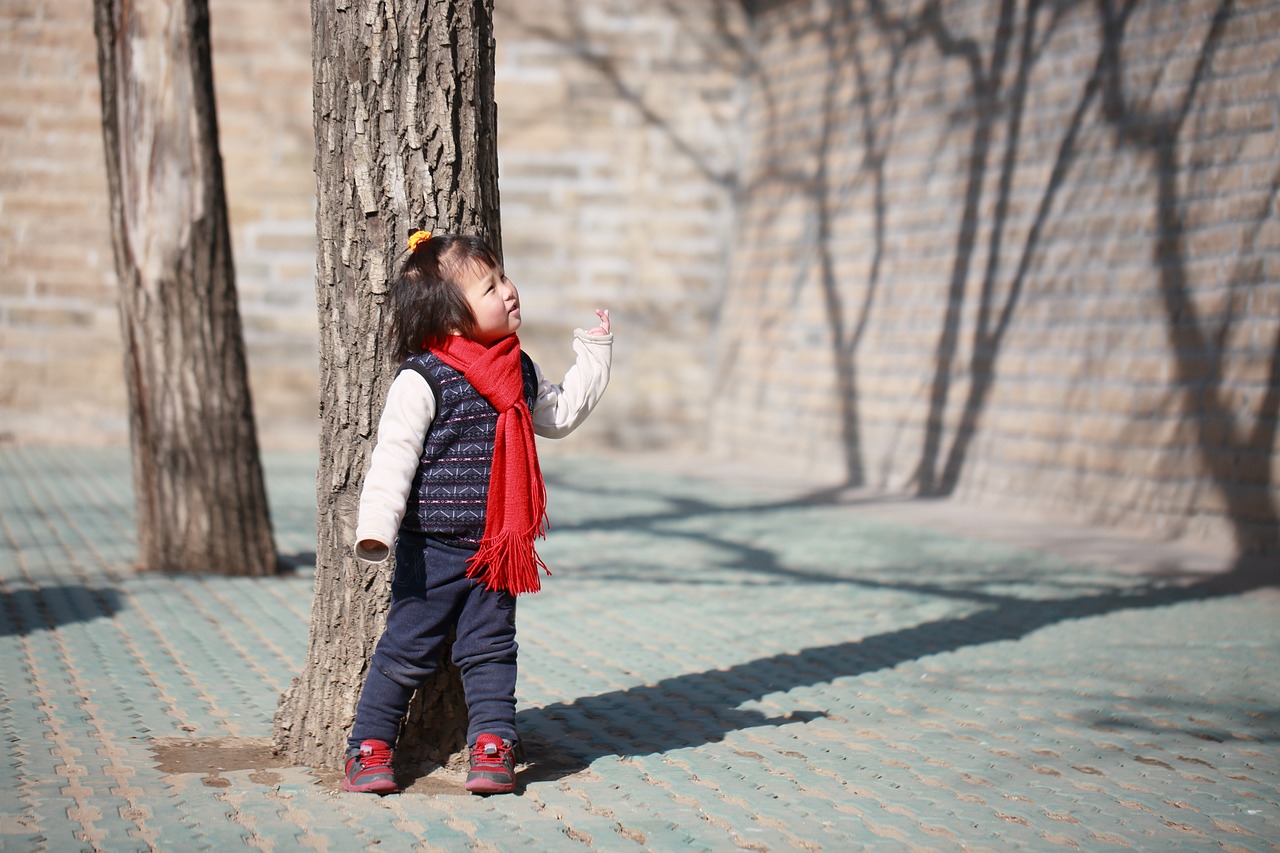India's Pongal Festival - A Harvest Celebration
India's Pongal Festival is a vibrant and joyous celebration that holds deep cultural significance in South India, especially in Tamil Nadu. This traditional harvest festival is a time of expressing gratitude to nature, the sun, and the farm animals for their indispensable contributions to a successful harvest season. It is a time when the agricultural community comes together to celebrate the fruits of their labor and offer thanks for the abundance bestowed upon them.

History of Pongal Festival
The dates back to ancient times, rooted in the rich cultural heritage of Tamil Nadu. This traditional harvest festival holds deep significance in the hearts of South Indians, especially the Tamil community. Pongal is not merely a festival; it is a reflection of the agrarian roots and the reverence for nature ingrained in the region's ethos.
Originating from the Tamil word "Pongu," meaning "to boil," Pongal symbolizes the boiling over of happiness and prosperity. It signifies the celebration of the harvest season and the expression of gratitude towards the elements that sustain life - the sun, earth, and cattle. The festival marks the transition of the sun into the zodiac sign of Capricorn, known as Makar Sankranti in other parts of India.
Historically, Pongal finds its roots in the agrarian society of ancient Tamil Nadu, where farming was the primary occupation. The festival served as a way to thank the Sun God for providing energy for agriculture and ensuring a successful harvest. It also honored the cattle, which played a crucial role in plowing the fields and transporting agricultural produce.
During the festival, people offer the first harvest of the season to the gods and goddesses, seeking blessings for a prosperous year ahead. The tradition of cooking the Pongal dish in earthen pots outdoors, allowing it to boil over, is a ritual that symbolizes abundance and good fortune. The sweet aroma of jaggery, rice, and lentils wafting through the air creates a festive atmosphere filled with joy and anticipation.
As generations have passed, the essence of the Pongal festival has remained intact, embodying the timeless values of gratitude, community, and sustainability. The rituals and customs associated with Pongal have evolved over the years, yet the core essence of celebrating nature's bounty and fostering unity among people has endured through the ages.

Pongal Rituals and Traditions
Pongal festival is not just a celebration but a tapestry of rich traditions and vibrant rituals that bring communities together in joy and gratitude. One of the most cherished customs during Pongal is the preparation of delicious sweet rice dishes, symbolizing prosperity and abundance. Families gather around the hearth to cook the traditional Pongal dish, a sweet concoction made with rice, jaggery, and milk, which is then offered to the Sun God as a token of gratitude for a successful harvest.
Another integral aspect of Pongal festivities is the decoration of cattle, particularly cows and bulls, as a gesture of respect for their hard work in the fields. Adorned with colorful garlands and painted horns, the cattle are honored on the day of Mattu Pongal, a unique tradition that highlights the symbiotic relationship between humans and animals in agriculture.
Amidst the sounds of joyous celebrations, the air is filled with the aroma of traditional delicacies being prepared in every household. From crispy vadai to mouth-watering payasam, the Pongal feast is a culinary extravaganza that tantalizes the taste buds and showcases the culinary diversity of South Indian cuisine.
Throughout the festival, intricate kolam designs adorn the thresholds of homes, showcasing geometric patterns and floral motifs that symbolize prosperity and welcome prosperity into the household. These vibrant decorations not only add a festive touch to the surroundings but also serve as a form of artistic expression passed down through generations.
As the sun rises on the auspicious day of Pongal, families come together to offer prayers and gratitude to the Sun God for his benevolence and blessings. The rhythmic chants and the fragrance of incense fill the air as devotees seek prosperity, happiness, and success in the coming year.

Decorating Kolams
During the vibrant Pongal festival in South India, one of the most visually striking traditions is the art of decorating kolams. Kolams are intricate and colorful designs drawn on the doorsteps of homes using rice flour, symbolizing prosperity and auspiciousness. These beautiful patterns are not just decorations but are believed to invite blessings and good fortune into the household.
The practice of creating kolams is deeply rooted in South Indian culture and holds significant cultural and spiritual importance. The designs range from simple geometric patterns to more elaborate motifs inspired by nature and mythology. Women in the household often wake up early in the morning to meticulously craft these intricate kolams, showcasing their creativity and devotion.
Each kolam design is unique and may vary based on the occasion or personal preference. Some common motifs include flowers, birds, and geometric shapes, all intricately interconnected to form a harmonious whole. The process of creating kolams is not just a form of artistic expression but also a meditative practice that fosters concentration and mindfulness.
During Pongal, the kolams take on a special significance as they are believed to welcome prosperity and happiness into the home. The vibrant colors and intricate patterns brighten up the doorstep, creating a festive atmosphere that enhances the spirit of the celebration. Additionally, the act of creating kolams is seen as a way of showing respect to the deities and seeking their blessings for the family's well-being.

Pongal Feast and Delicacies
The Pongal Feast during the Pongal festival is a culinary extravaganza that tantalizes the taste buds with a plethora of traditional dishes. One of the main highlights of the feast is the delectable sweet Pongal, a creamy and aromatic dish made from rice, jaggery, and lentils, symbolizing sweetness and abundance. The savory Pongal, known as "Ven Pongal," offers a delicious blend of rice and spices, creating a savory delight for the palate.
Accompanying these main dishes are a variety of side dishes and accompaniments that enhance the overall gastronomic experience. Coconut chutney, sambar, and vadai are commonly served alongside the Pongal dishes, adding layers of flavor and texture to the meal. The feast is a celebration of flavors, textures, and aromas that showcase the rich culinary heritage of South India.
Furthermore, the Pongal feast is not just about the food but also about the communal aspect of sharing and enjoying the meal together with loved ones. It fosters a sense of togetherness and unity, as families and communities come together to partake in the festive spread. The act of sharing food during Pongal symbolizes generosity, goodwill, and the spirit of abundance.

Mattu Pongal - Worship of Cattle
Mattu Pongal, a significant aspect of the Pongal festival, is a day dedicated to honoring and worshiping cattle for their indispensable role in agriculture and farming. The celebration of Mattu Pongal highlights the deep connection between farmers and their cattle, recognizing the animals' contribution to the agricultural prosperity of the community.
During Mattu Pongal, cattle are adorned with colorful garlands, painted horns, and bells around their necks as a gesture of gratitude and reverence. Farmers express their appreciation for the hard work and support provided by the cattle throughout the year, acknowledging them as partners in their agricultural endeavors.
The rituals of Mattu Pongal involve special prayers and offerings made to the cattle, seeking blessings for their well-being and continued assistance in farming activities. This tradition not only symbolizes the symbiotic relationship between humans and animals but also embodies the ethos of sustainability and respect for all living beings.

Pongal Celebrations Across India
India's Pongal Festival holds a special place in the hearts of people across the country, transcending regional boundaries with its vibrant celebrations. While the festival is most prominently celebrated in Tamil Nadu, its essence is not confined to a single state. Various states in India embrace the spirit of Pongal, albeit with their unique cultural flavors and customs.
In Karnataka, the festival is known as 'Sankranti' and is marked by the flying of colorful kites, symbolizing the arrival of the harvest season. People gather on rooftops and open fields to engage in friendly kite-flying competitions, creating a colorful spectacle in the sky. The day is also celebrated with traditional dishes like 'Ellu Bella' and 'Sakkare Achu,' adding a gastronomic delight to the festivities.
Andhra Pradesh commemorates Pongal as 'Pedda Panduga,' where families come together to prepare 'Pulihora' (tamarind rice) and 'Bobbatlu' (sweet stuffed bread). The streets are adorned with rangoli designs, and the air is filled with the aroma of freshly cooked delicacies. The festival is a time for joyous gatherings and cultural performances, reflecting the rich heritage of the region.
In Maharashtra, Pongal is celebrated as 'Makar Sankranti,' signifying the transition of the sun into the zodiac sign of Capricorn. The day is marked by the exchange of 'Tilgul' (sesame and jaggery sweets) as a symbol of sweetening relationships. People engage in kite-flying competitions and bonfire rituals, fostering a sense of community and togetherness.

Pongal in Other States
Pongal, the traditional harvest festival of South India, is not limited to Tamil Nadu alone. In other states like Karnataka, Andhra Pradesh, and Maharashtra, the essence of Pongal is celebrated with unique regional flavors and customs. While the core theme of expressing gratitude for a bountiful harvest remains consistent, each state adds its own cultural touch to the festivities.
In Karnataka, Pongal is known as 'Sankranti' and is marked by the flying of colorful kites, symbolizing the arrival of spring and the harvest season. The day is filled with feasting on sugarcane, sesame sweets, and other traditional delicacies. Families come together to exchange gifts and celebrate the spirit of abundance and joy.
Andhra Pradesh celebrates Pongal as 'Pedda Panduga,' with special prayers offered to the Sun God for a prosperous year ahead. Women decorate their homes with colorful rangoli patterns and prepare a variety of sweets and savory dishes to share with loved ones. The festival also features traditional games and cultural performances that add to the festive atmosphere.
In Maharashtra, Pongal is known as 'Makar Sankranti,' signifying the transition of the Sun into the zodiac sign of Capricorn. People exchange tilgul (sesame seeds coated in jaggery) as a symbol of sweetening relationships and spreading joy. The day is marked by the tradition of flying kites and enjoying traditional dishes like puran poli and tilachi chikki.

Modern-Day Significance of Pongal
In today's fast-paced world, where technology and urbanization dominate our daily lives, the Pongal festival holds a special significance that resonates with people across all walks of life. Beyond its traditional roots as a harvest celebration, Pongal embodies values that are more relevant than ever in the modern context.
The essence of gratitude, grace, and unity that define Pongal serve as a gentle reminder of the importance of acknowledging the blessings that surround us. In a society often consumed by material pursuits, taking a moment to express thanks to nature, the Sun God, and the animals that sustain us fosters a sense of appreciation and humility.
Furthermore, Pongal highlights the interconnectedness between humans, animals, and the environment, emphasizing the critical role of sustainable agriculture in ensuring food security for future generations. As we face global challenges such as climate change and food scarcity, the principles of Pongal - community support, respect for nature, and mindful consumption - offer valuable lessons for building a more resilient and harmonious society.
Moreover, the cultural significance of Pongal transcends geographical boundaries, serving as a unifying force that celebrates India's rich diversity while reinforcing a sense of national identity. As people come together to partake in the festivities, exchange greetings, and share traditional delicacies, Pongal becomes a symbol of unity that bridges differences and promotes inclusivity.
In essence, the modern-day relevance of Pongal lies not only in its historical roots but in its ability to inspire reflection and connection in a rapidly changing world. As we navigate the complexities of contemporary life, the timeless values embodied by this vibrant festival serve as a beacon of hope and harmony that continue to inspire and enrich our lives.
Frequently Asked Questions
- What is the significance of India's Pongal Festival?
India's Pongal Festival holds great significance as a traditional harvest celebration in South India, particularly in Tamil Nadu. It is a time of expressing gratitude to nature, the sun, and farm animals for their contributions to a plentiful harvest.
- How is Pongal Festival celebrated?
The Pongal Festival is celebrated through various rituals and traditions such as preparing sweet rice dishes, decorating cattle, and offering prayers to the Sun God. It is a vibrant occasion filled with cultural richness and festive spirit.
- What are some key aspects of Pongal celebrations?
Key aspects of Pongal celebrations include decorating Kolams, indulging in a feast of traditional delicacies, and worshipping cattle on Mattu Pongal. These practices symbolize prosperity, abundance, and the importance of agriculture in Indian culture.
- How does Pongal Festival showcase cultural unity in India?
Pongal Festival transcends regional boundaries, with variations of the celebration observed in different states of India. Despite these variations, the essence of gratitude, unity, and agricultural sustainability remains consistent, highlighting the cultural unity of the country.
- What is the modern-day significance of Pongal Festival?
In contemporary times, Pongal Festival continues to resonate with people by emphasizing themes of gratitude, unity, and agricultural sustainability. It serves as a reminder of the importance of honoring nature and the agricultural heritage of India.


















